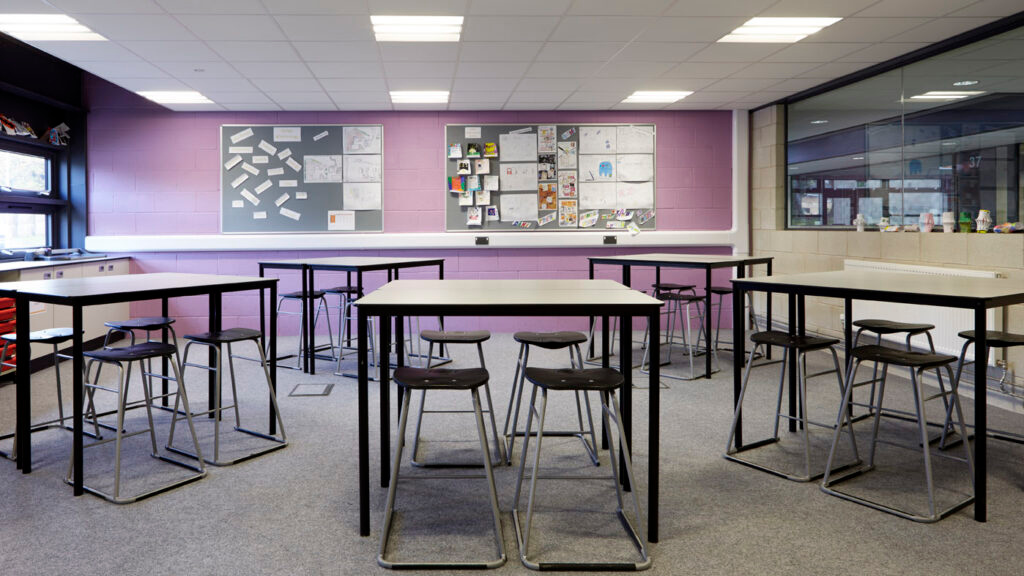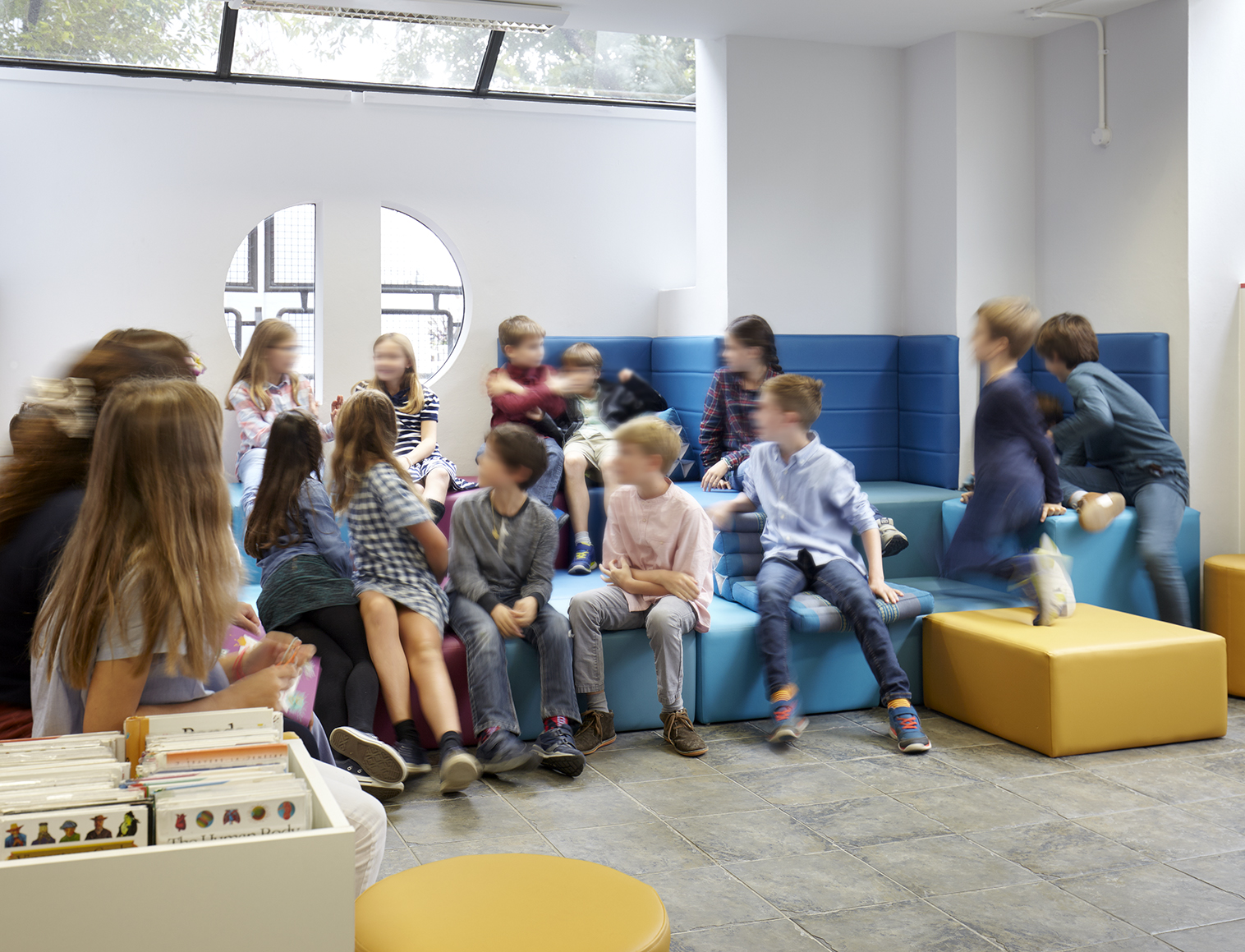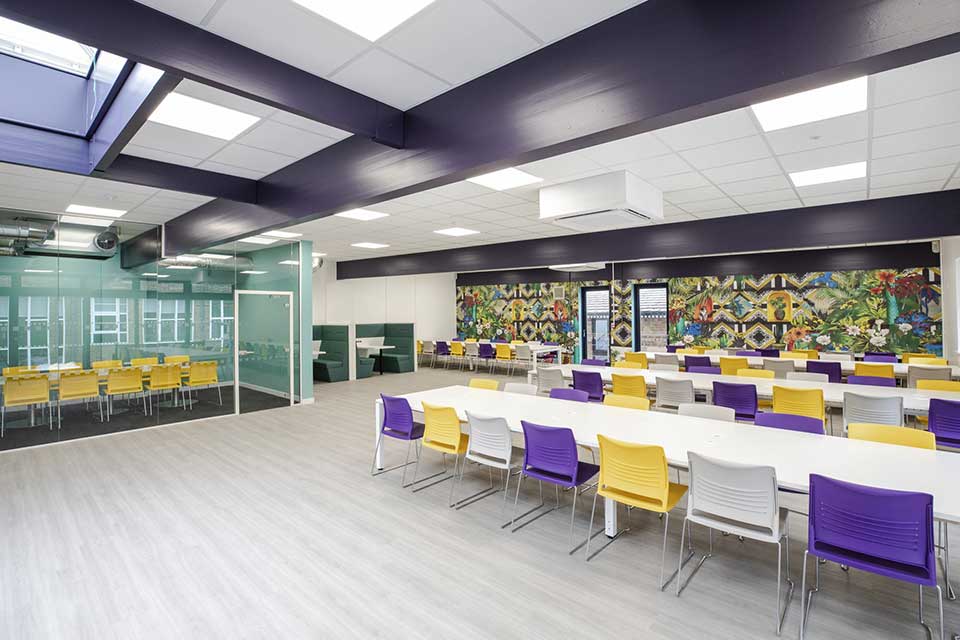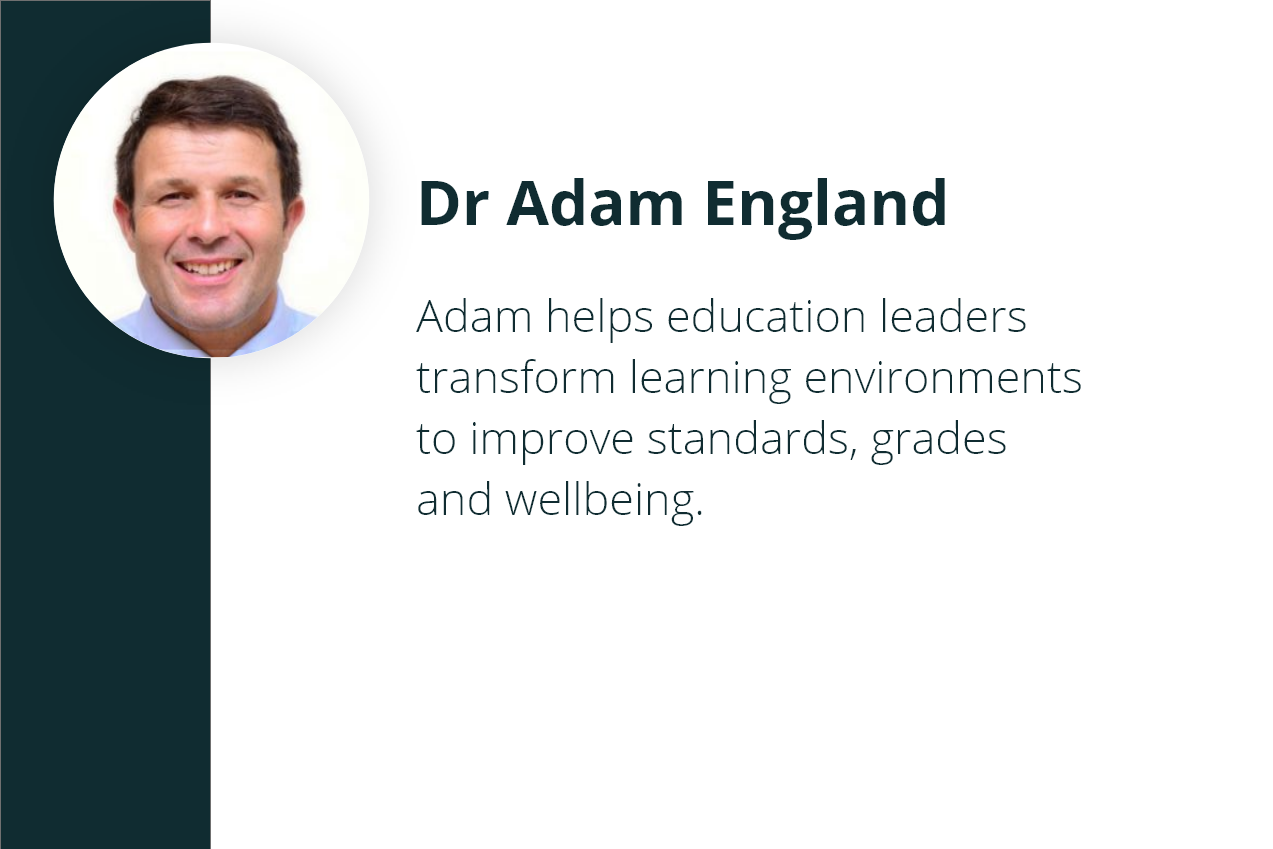How Can You Apply International Thinking In Your School?

The virtuous circle of happier students – happier staff – happier parents is embodied in our next topic – ‘international thinking’. Some schools have built this into their daily practices and have found it brings impressive results. If your school is not using international (or ‘global’) thinking our team of educational consultants at Noble and Eaton can help you put this in place quickly for changes that add both higher quality understanding and improved academic achievements.

What is international thinking?
The education sector is well known for its buzz words, acronyms and changing terminology. However, international thinking is a descriptive phrase that could not be better named, as its focus is indeed on growing one’s thinking in the wider environment so that learning for all age groups is broader, deeper and more collaborative. Many schools work closely with other schools in the same geographical area, or with schools with similar pedagogies, or even those under the same headteacher. This is understandable but can be limiting; if a school has always worked the same way, there is often no urgency for any change. Staff arrive at work to requests from colleagues, parents and students, a list of email and tasks, all of varying importance (usually depending on who they are from!) and which are often the first issues of the day. International thinking aims to dispel that ‘here and now’ and to look beyond the classroom, take time to think and appreciate what is being asked of you and build problem solving into your day that can be influenced from a much bigger range of factors. Using international thinking techniques strengthens leadership, increases skills in communication and encourages both staff and students to think laterally and more confidently. Schools that are aligned with overseas learning centres have an added benefit in that there is a two way channel of information and resources, meaning students in both countries can access much more open communication about alternative ways of thinking, learning and working together. These skills are invaluable for students once they leave school and start work – knowing how different communities look at potentially the same issues means a far greater understanding of business strategies and practical solutions.

International thinking in your school
Think bigger, think bolder and think further away. Spend time with new people and travel if you can – even volunteering for school trips will take you to places you may not have previously considered. Search out talks and informative lectures from people at the top of their industry; find out what makes the difference between local and global success.
Learn about cultures, different styles of education and take a step towards saying ‘yes’ to engage with new skills. Be open minded and take a fresh look at your familiar surroundings. The world has become more accessible with multiple interconnected levels of globalisation so make the most of it!
Call the educational consultants at Noble and Eaton for a deeper look into the art of international thinking.





Leave a Reply